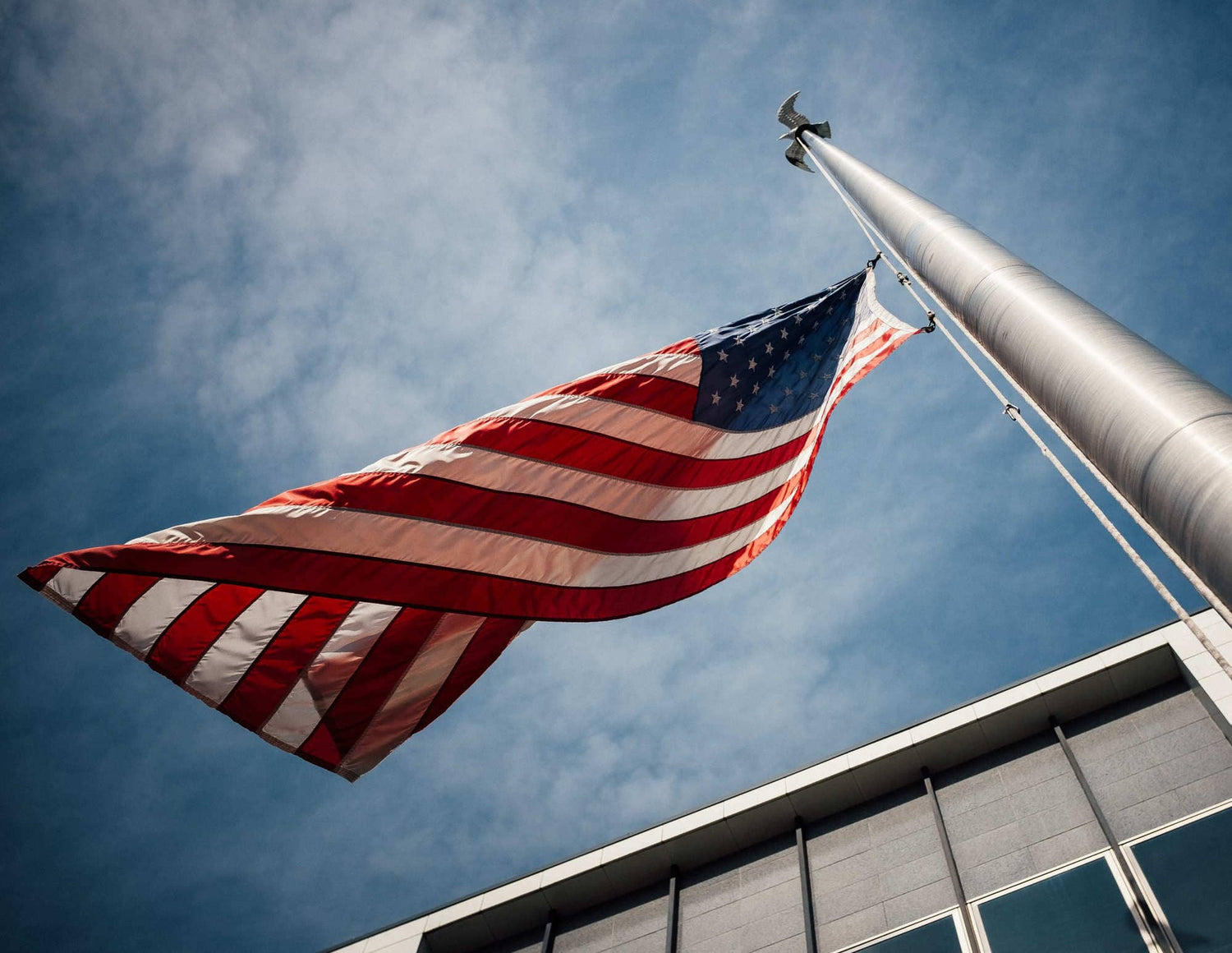It was only a few months ago that the whole vaping community stood still to watch the industry clash with tobacco control organisations in a roundtable with President Trump. That event led the President to limit a proposed ban on non-tobacco flavours.
But after the end of a marathon Presidential race, the situation seems to have changed once again.
Although the legal challenges will need to work their way through the Court system, there is now little doubt that Joe Biden and Kamala Harris will become the next President and Vice President of the United States.
But with FDA regulations coming into force just before polling day, what does all this mean for the future of vaping?
Biden has only made one statement on the topic so far:
¦I choose science over fiction. And so if the science has demonstrated [that vaping] is doing great damage then I don't care what it does to a small business person who's selling this stuff. If it is damaging lungs's I would eliminate it.
This seemed like an off the cuff remark, made in response to a question from an audience member. And although it strikes a seemingly hostile tone, the President-elect does make clear that he would focus on the science.
Now, no one's expecting the US President and Commander in Chief to read the views of Public Health England that vaping is 95% less harmful than smoking; or to have read studies published in medical Journals that point to millions of smokers switching completely to this less harmful form of nicotine use. What will matter is who is advising him and who he appoints to take executive decisions.
Those kinds of rules "which do not require Congress to pass legislation" will be decided by the Department of Health and Human Services (HSS) and its surrogate, the FDA. It follows, then, that what matters will be who Biden appoints to head those two organisations.
The first job awaiting a new HSS Secretary will be dealing with the pandemic. President-elect Biden's transition team includes a pandemic advisory group led by two figures who are no strangers to the nicotine debate: former Surgeon General Vivek Murthy and ex-FDA Commissioner David Kessler. Both men have been tipped as contenders for the role.
Murthy has been critical of vaping in the past, publishing a report as Surgeon General in 2016 that called for increased restrictions on vapers. Many in the vaping community were happy when he left the job in 2016, although his successor Jerome Adams has not proven more rational on the topic. It is unlikely, however, that HSS will continue to mischaracterize teen vaping as an "epidemic" given the current circumstances.
One concern Biden might have in appointing Murthy would be getting him through a Senate vote: his appointment as Surgeon General was resisted by Senate Republicans over his stance that gun violence should be seen as a public health issue.
Kessler was FDA Commissioner under Bill Clinton and the first FDA Commissioner to try to regulate cigarettes, although he was blocked by the Supreme Court. He has since spoken about vaping on the record, suggesting that it would be very difficult for FDA to allow some products to stay on the market.
Either man would certainly have more pressing issues to deal with if appointed the nation's top health official, and FDA is already reviewing applications from companies that have applied to stay on the market. So who runs FDA might have a more direct effect on vaping.
Kessler is unlikely to want to go back to the FDA job he held in the 1990's, but were he to be appointed HSS Secretary, then there is every chance that Murthy would be a candidate to run FDA. One additional name in the frame is Joshua Sharfstein, the Vice Dean for Public Health at the Bloomberg School of Public Health at Johns Hopkins University. The fact that a possible FDA Commissioner's last job was at a University funded by former Presidential candidate (and anti-vaping campaigner) Mike Bloomberg should set some alarm bells ringing.
That said, Sharfstein himself has been more conciliatory in his past statements on the category, stating in 2016 that:
[u]nlike combustible tobacco products, if appropriately regulated, [vaping has] the potential to help save the lives of many Americans. But sacrificing a generation of youth to nicotine addiction with higher rates of cigarette smoking is not an acceptable price to pay. The answer may, in part, be to reward those e-cigarette companies that can do one without the other.
The fate of Mitch Zeller, currently the Director of the Centre for Tobacco Products, is less clear; although he's likely to stay on with the Agency. Zeller has been a pivotal figure in setting the FDA's policies on vaping, and most Agency watchers predict that both the HHS Secretary and the FDA Commissioner will likely defer to him on most tobacco policy matters: particularly while most of the machinery of HHS and the FDA is busy dealing with COVID-19. Despite a dramatic change in personnel, new policies are likely to be slow in coming.






Leave a comment
This site is protected by hCaptcha and the hCaptcha Privacy Policy and Terms of Service apply.